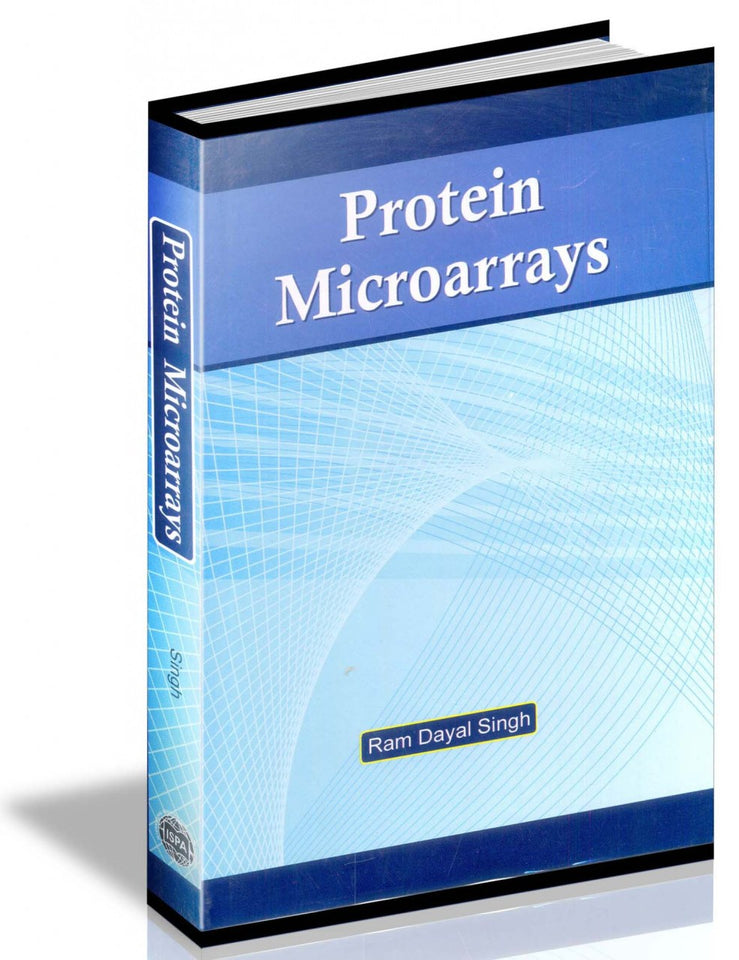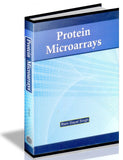Protein Microarrays
Regular price
Rs. 950.00
Protein Microarrays is an academic which studies the physiological properties of cells, as well their behaviours, interactions and environment. Most of the current applications of protein arrays are focused on disease proteomics using conventional glass-based arrays. Proteins have been detected in practically all kinds of human fluids, including serum, synovial fluids and sweat. Technologies are being increasingly used in the pharmaceutical industry at all levels of drug discovery and development. Protein microarray is based on the technology of coupling the capture molecules, either antibodies, proteins, antigens or ligands. Due to fundamental differences between proteins and DNA, however, the protein array technology is currently in its infancy. Most powerful methods for fractionating proteins make use of column chromatography, which takes advantage of differences in protein change, size, binding affinity and other properties. Protein structures have evolved to function in particular cellular environments. Conditions different from those in the cell can result in protein structural changes, large and small. Low resolution or simplified protein models are best suited for the construction of ?-strand model to be used in simulations of protein folding because they allow us to study the folding behaviour over relative long time scale. Simulation of molecular evolution has been used to study RNA sequence-secondary structure relationship. Detection and quantitation of proteins has relied on basic techniques such as one/two dimensional gel electrophoresis, immunoblotting, ELISA and RIA. Perhaps the most significant reason as to why experiment validations are essential is because, depending on the particular is technological platform used, microarray data is inherently noisy. This book contains: - Protein Microarrays - Development of a Protein Microarray - Protein Microarry Generation and Detection - Protein Structure - Properties and Evolution of Properties - Protein Denaturation and Folding - Folding Funnels and Frustration - Protein Folding Patways and Kinetics - Protein Design - Evolution of Protein Thermodynamics - Cancer Cells using Protein Microarrays - Validation of Microarrays. This book attempts to provide information of modern experimental methods used in protein microarrays, protein denaturation and folding, protein design and validation of microarrays. Its contents will be highly valuable for students, teachers researchers and upcoming scientists in the fields of cell and protein microarrays.
Ram Dayal Singh born on 24 October 1959 in Faizabad, Uttar Pradesh. He has obtained his M.Sc. In 1984 from Banaras Hindu University and Ph. D in 1988 from same university. He has done significant work on regulation of DNA and protein synthesis in the cell, particularly plant cell. He has contributed to understanding the metabolic cycle and myoinositol phosphates during the formation and germination of seeds. His studies have opened up new vistas in the transcription process in higher organisms as well as in the regulation of some of the enzyme functions. He has published over 16 scientific papers in national and international journals and edited magazines. He has been associated with many scientific organizations and institutions.
Guaranteed Safe Checkout





